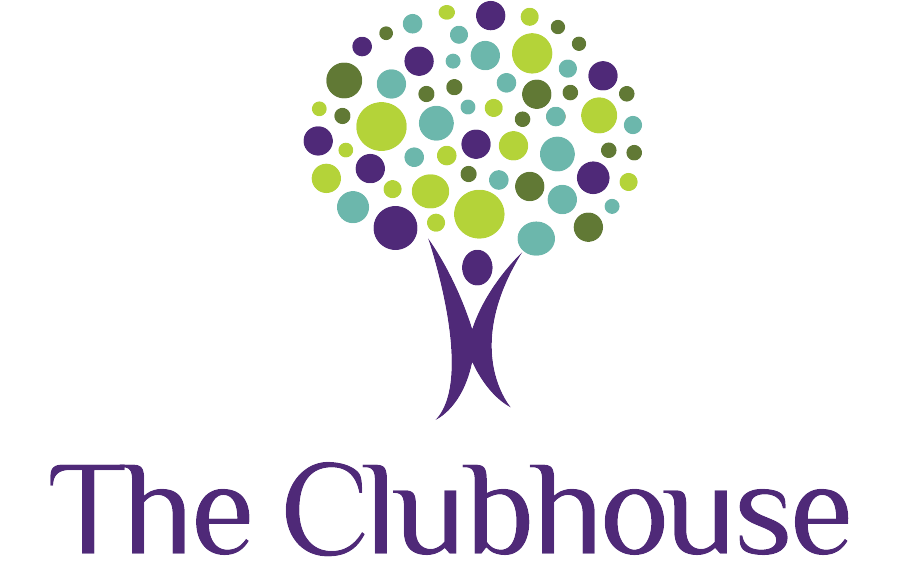Happy National Nutrition Month! In celebration of a month focused on food and nutrition, we thought we would address some of the most common nutrition and dietitian-related questions. If you have questions that you don’t see on this list, please feel free to contact us for answers!
What is the difference between a nutritionist and a Registered Dietitian?
- A “nutritionist” is an unregulated term that anyone can use. Some people who call themselves nutritionists may have taken a weekend workshop in nutrition, may be someone who has taken a personal interest in nutrition without any formal training, or they may be a dietitian. A Registered Dietitian (RD) or Registered Dietitian Nutritionist (RDN) IS a regulated credential (just like a Registered Nurse) where an individual has had to complete a 4 year degree from an accredited university, complete a 6-12 month internship, and pass a national board exam (known as a registration exam). They are the only “nutritionists” allowed by law to offer medical nutrition therapy. That means offering nutrition counseling to address a medical need because they have gone through the appropriate level of education and training deemed to be safe to offer medical nutrition advice.
What does a pediatric RD/RDN do?
- A pediatric dietitian is focused on helping children thrive! They can focus on a wide spectrum of issues ranging from poor or slow weight gain, food allergies, constipation or other GI issues, obesity, to general health and wellness education. Dietitians often work with the parents of younger kids to establish family-centered (what do YOU want for your child) goals and provide strategies and education to help them achieve these. With older kids, dietitians may work directly with the child to help them understand their body and balance with foods.
Will a dietitian think I am a bad parent for feeding my child packaged foods or *insert random food here* ?
- Absolutely NOT! Dietitians are humans and many love all foods, even potato chips and the occasional cheeseburger. The goal of a dietitian is not to “correct” your habits but rather be a resource for learning about ways to achieve your goals with food. Maybe your goal is to find a veggie your child likes, convenient meals or snacks for on the go, adding more variety, or just learning what foods you may be missing you can add in the future.
Who should see a dietitian?
You could consider finding a dietitian in your area if any of the below apply to you:
-
- You are not sure if your child is getting enough nutrition through their diet
- Your child struggles with slow weight gain or too fast weight gain
- You have a new medical diagnosis that impacts what your child can eat (e.g. EOE, food allergies, celiac, metabolic disorders, GI disorders, etc.)
- Your child requires meals by tube (G-tubes, NG-tubes, or J-tubes).
- You are an expecting parent and have questions about what to eat with pregnancy or you have gestational diabetes and need help with managing your meals.
- You feel like things are good but you have some specific questions about nutrition and your current families’ habits.
For more information on how the Clubhouse can help your family with feeding and nutrition, head over to our Feeding & Nutrition Services page here!
Written by Bianca Roe, OTD, OTR/L, RDN, LDN, CLC

